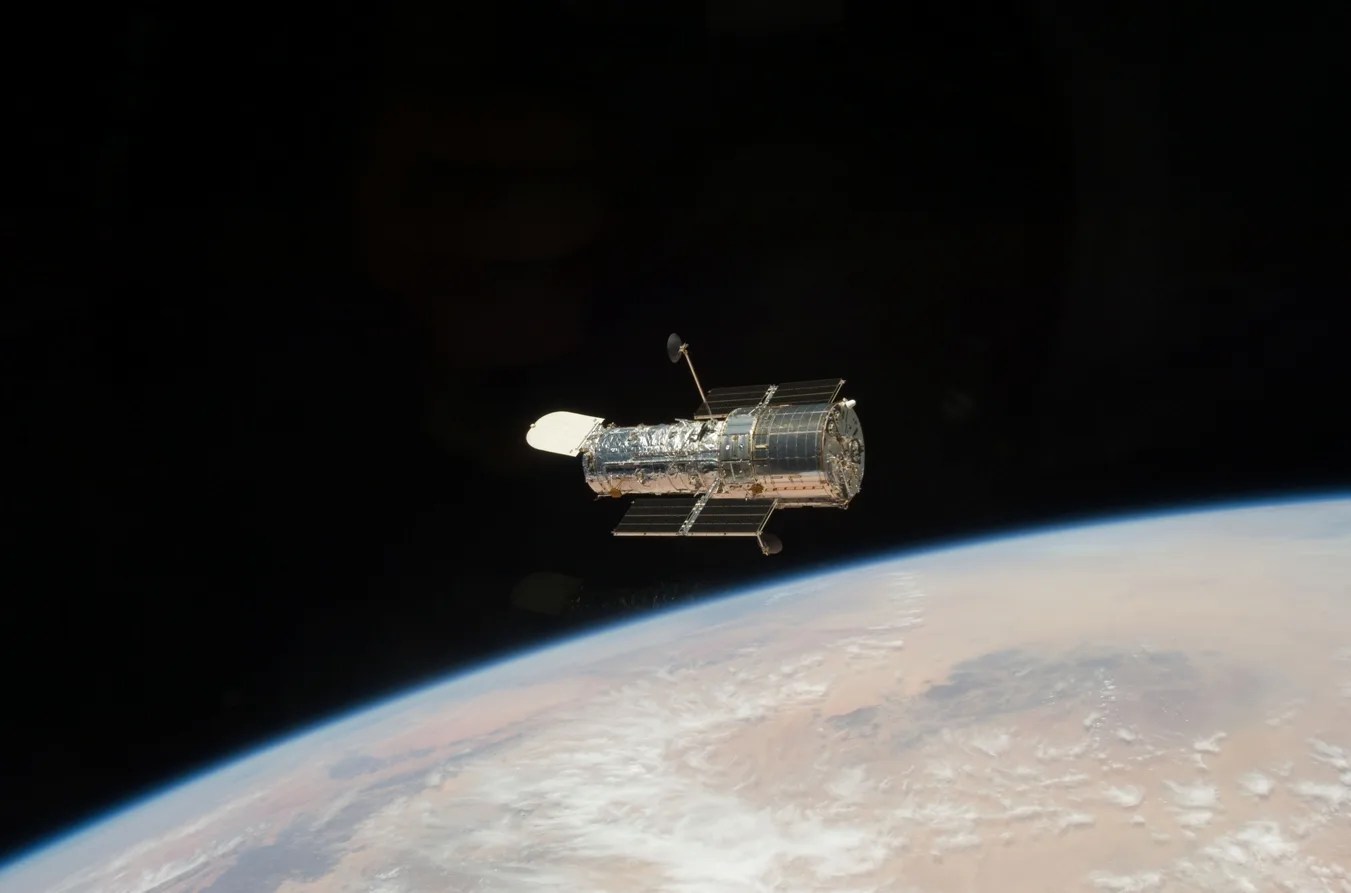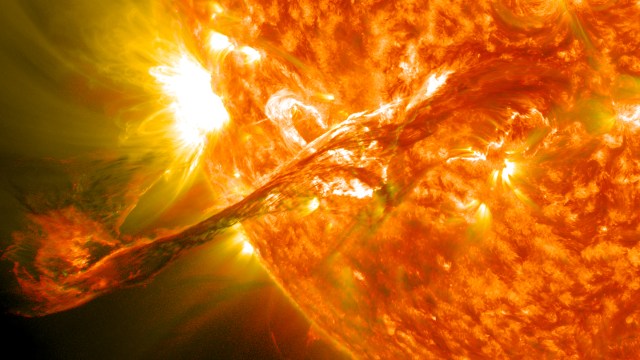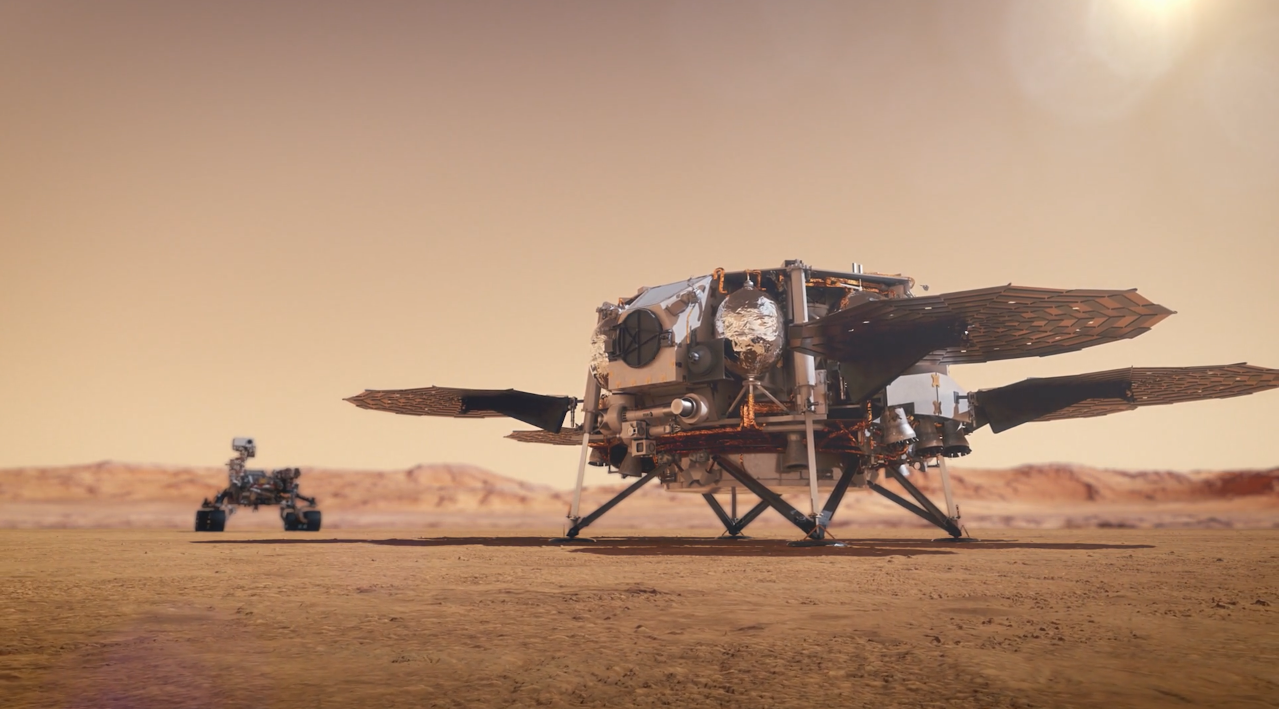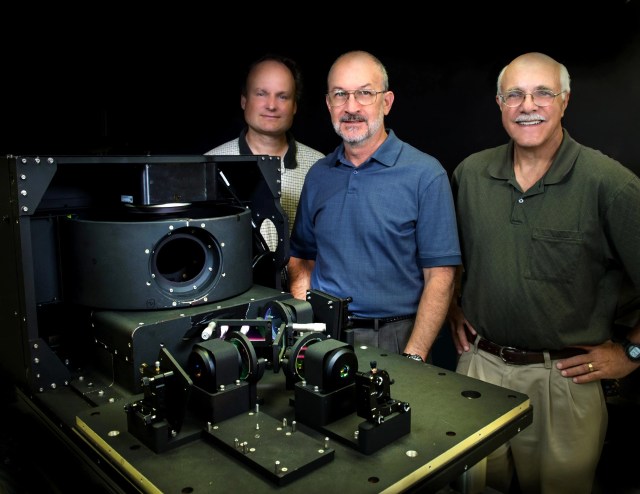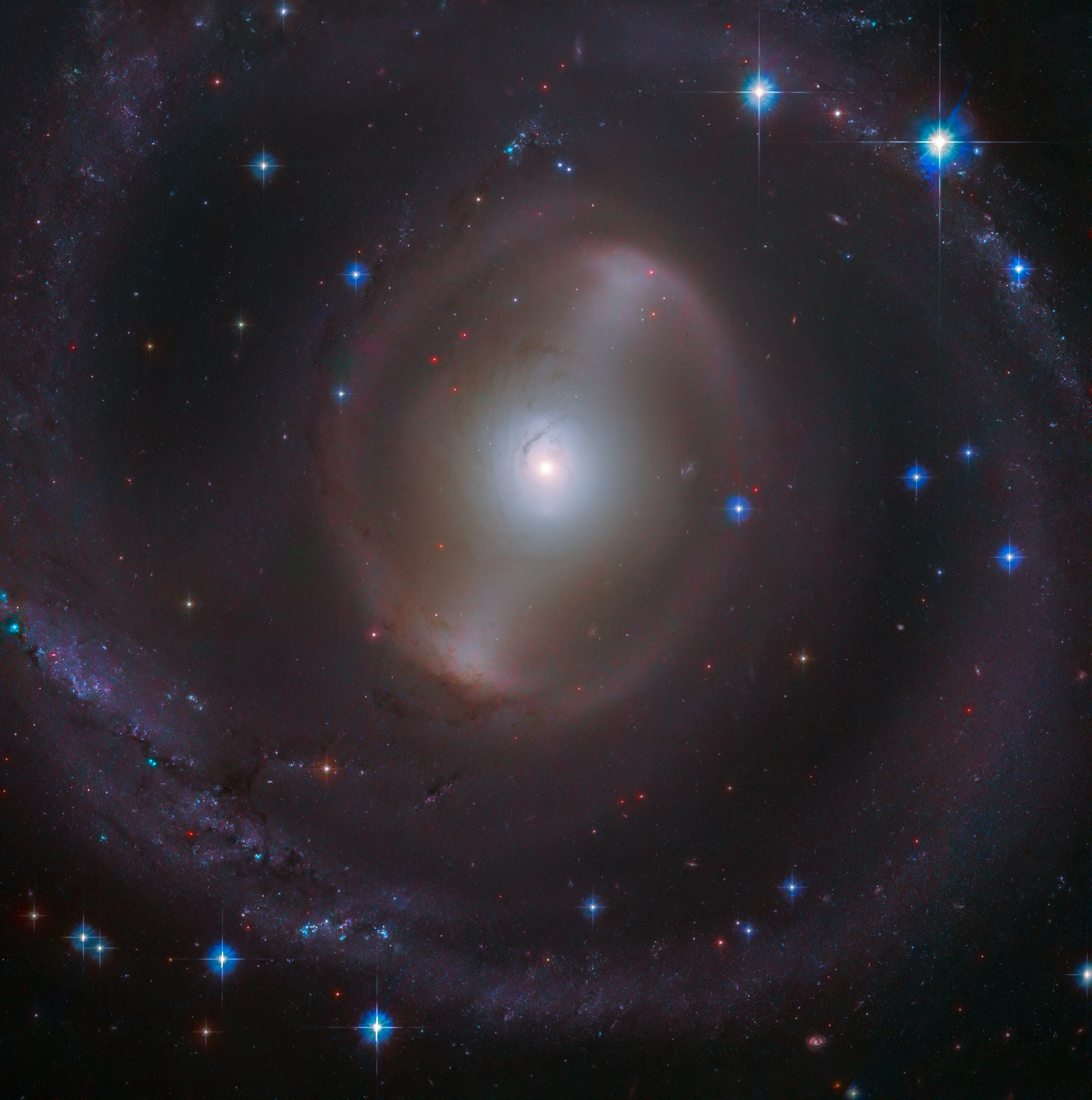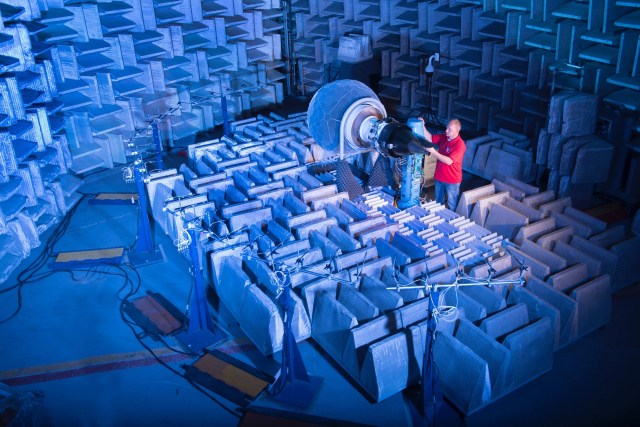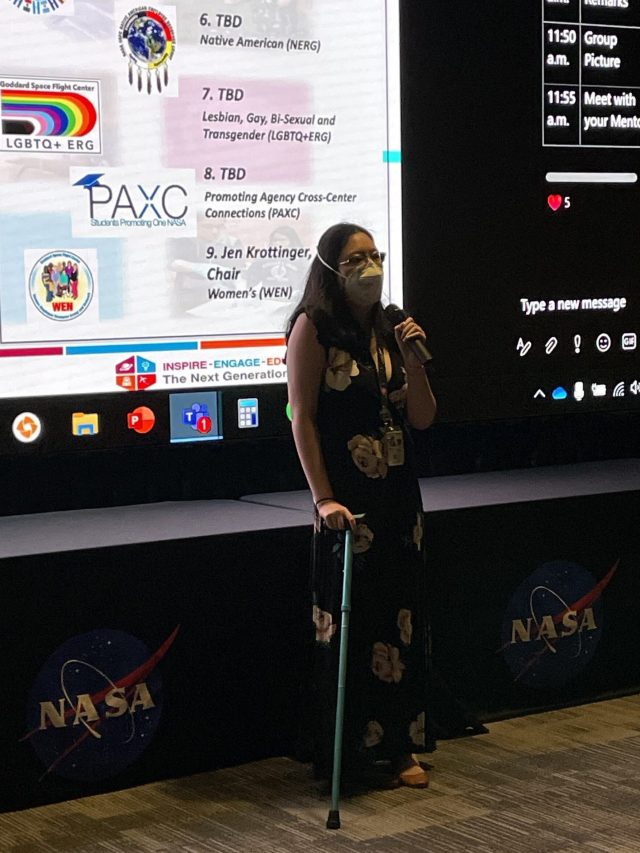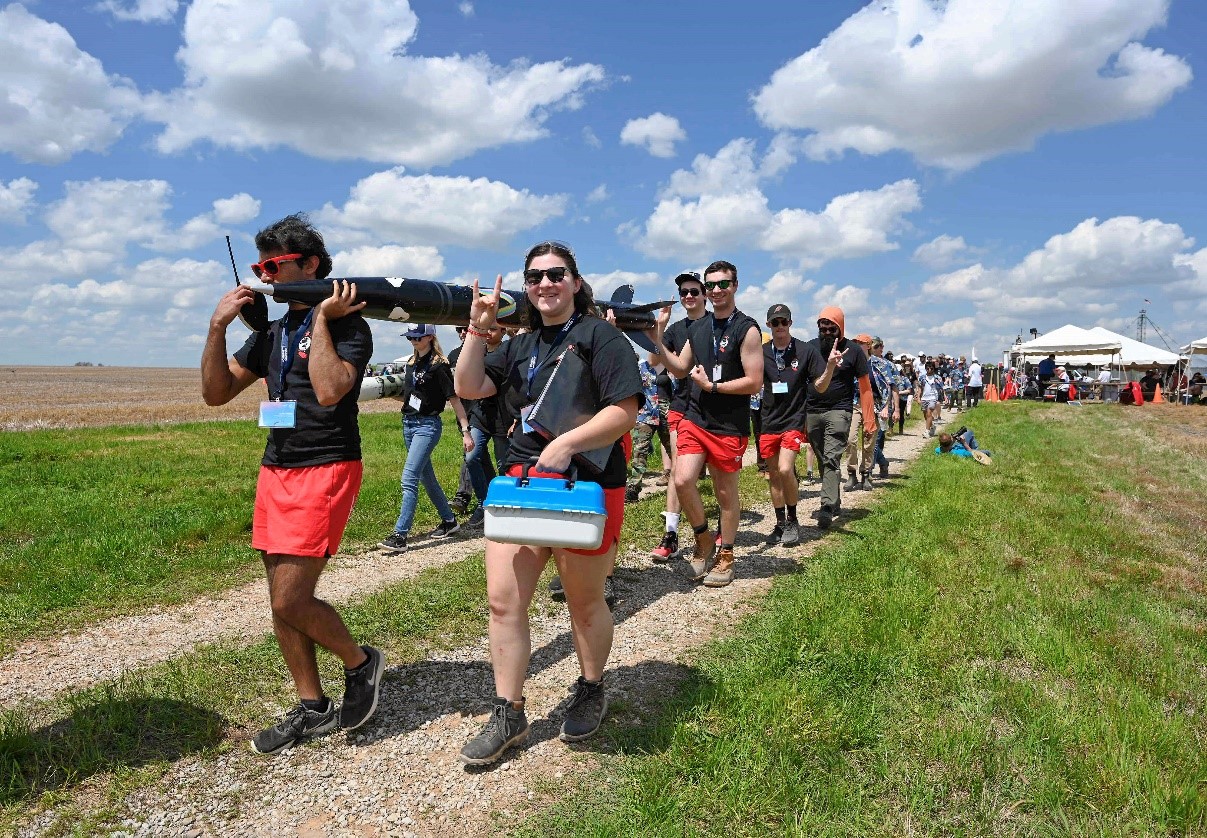NASA’s 2024 Student Launch challenge will bring students from colleges, universities, high schools, middle schools, and informal education groups to launch amateur rockets and payloads Saturday, April 13, starting at 8:30 a.m. CDT at Bragg Farms in Toney, Alabama, near NASA’s Marshall Space Flight Center in Huntsville.
Live streaming will begin at 8:20 a.m. CDT on NASA Marshall YouTube and Student Launch Facebook.
Media interested in covering student launch events in person should contact Taylor Goodwin at 938-210-2891.
Seventy teams from 24 states and Puerto Rico are participating this year with 53 teams expected to launch in-person. Any team not traveling to Alabama may conduct final test flights at a home launch field.
NASA also welcomes the return of the Rocket Fair on Friday, April 12, from 3-6 p.m. at the Von Braun Center East Hall in downtown Huntsville. This event is free and open to the public as students display their rockets and answer questions from the media and NASA engineers.
Schedule of Events:
- April 12: Rocket Fair at the Von Braun Center East Hall.
- April 13: Launch Day, gates open at 7 a.m. The event runs from 8:30 a.m. to approximately 2:30 p.m. (or until the last rocket launch) at Bragg Farms. Lawn chairs are recommended. Pets are not permitted.
- April 14: Tentative rain day on Sunday in case of inclement weather on April 13 starting at 8:30 a.m. at Bragg Farms.
Winners of the student launch will be announced on Friday, June 7 during a virtual awards ceremony once all teams’ flight data has been verified.
About the Competition
Student Launch provides relevant, cost-effective research and development of rocket propulsion systems and reflects the goals of NASA’s Artemis campaign, which seeks to put the first woman and first person of color on the Moon.
Each year, the payload component changes to reflect current NASA missions. This year’s payload challenge is inspired by the Artemis missions.
Students will design a SAIL (STEMnaut Atmosphere Independent Lander) payload. It must deploy mid-air, safely return to the ground without using a parachute, and be reusable to launch the same day without repairs or modifications. The payload will contain a crew of STEMnauts, four non-living objects representing astronauts. Students will choose metrics to determine the endurance of the lander, considering acceptable descent and landing parameters.
Middle and high school teams can choose to attempt the lander payload or develop their own science or engineering experiment.
Eligible teams compete for prizes and awards and are scored in nearly a dozen categories including safety, vehicle design, social media presence, and science, technology, engineering, and math (STEM) engagement. Teams can also win the Altitude Award in each division based on how close they get to the altitude they projected their rockets would reach months in advance to launch day.
Marshall’s Office of STEM Engagement hosts Student Launch to encourage students to pursue careers in STEM through real-world experiences. Student Launch is a part of the agency’s Artemis Student Challenges – a variety of activities exposing students to the knowledge and technology required to achieve the goals of the Artemis missions.
In addition to the NASA Office of STEM Engagement’s Next Gen STEM project, NASA Space Operations Mission Directorate, Northrup Grumman, National Space Club Huntsville, American Institute of Aeronautics and Astronautics, National Association of Rocketry, Relativity Space and Bastion Technologies provide funding and leadership for the competition.
For more information about Student Launch, please visit:
https://www.nasa.gov/learning-resources/nasa-student-launch/
-end-
Taylor Goodwin
NASA’s Marshall Space Flight Center, Huntsville, Alabama
938-210-2891
taylor.goodwin@nasa.gov


